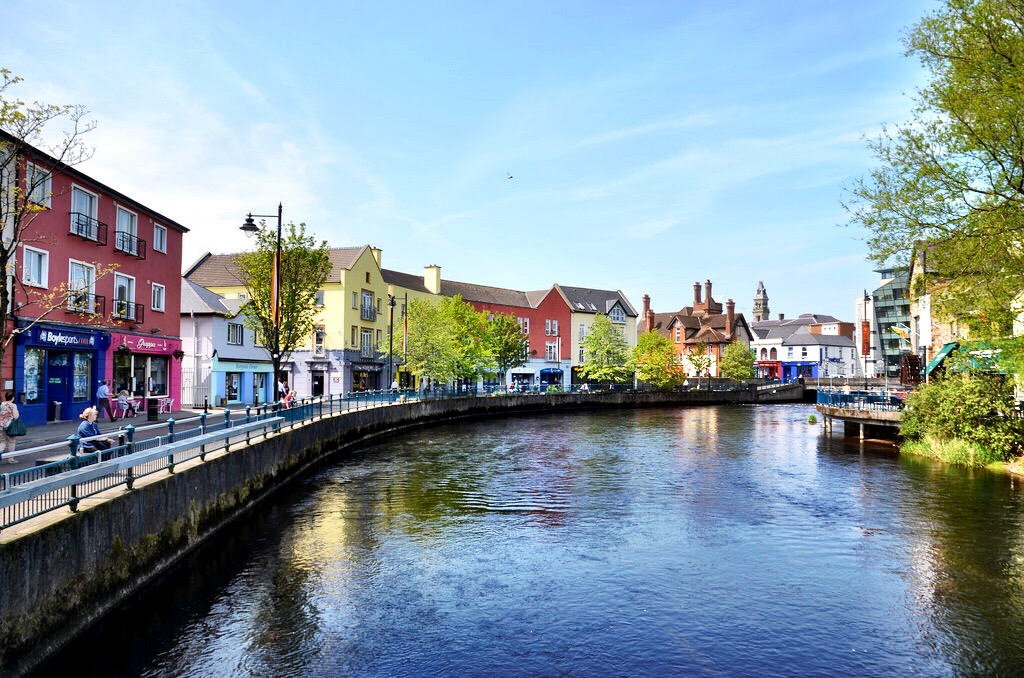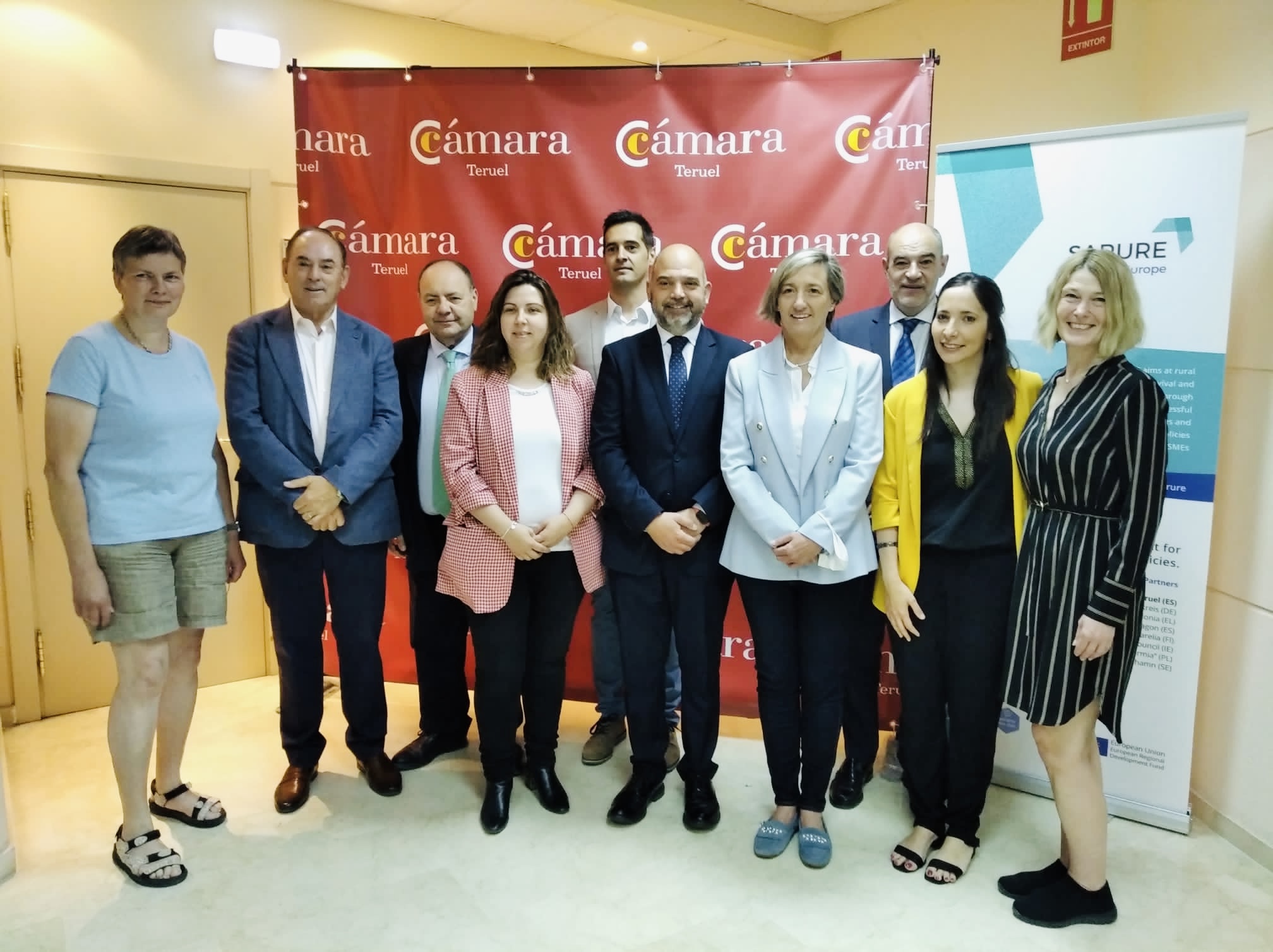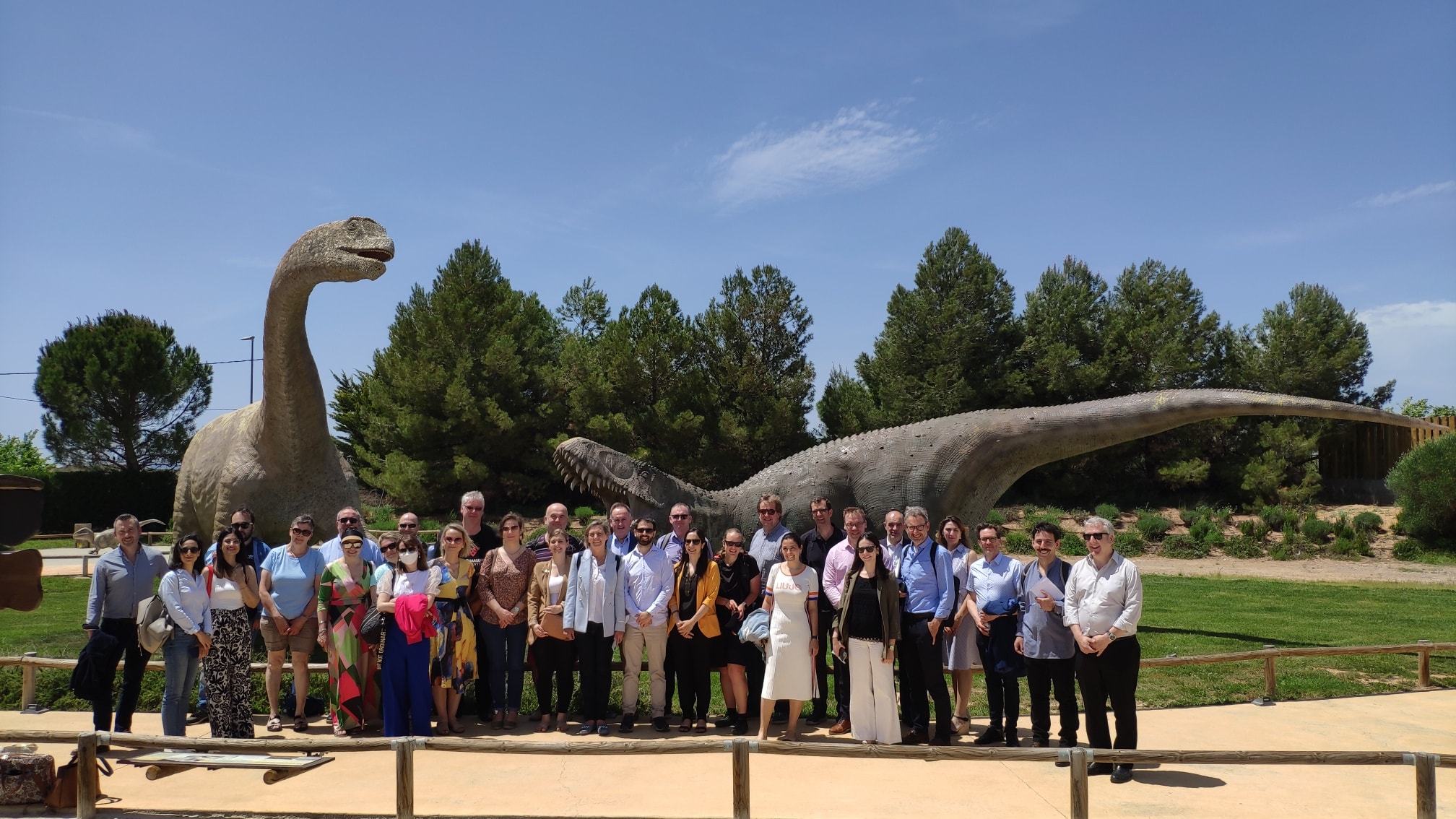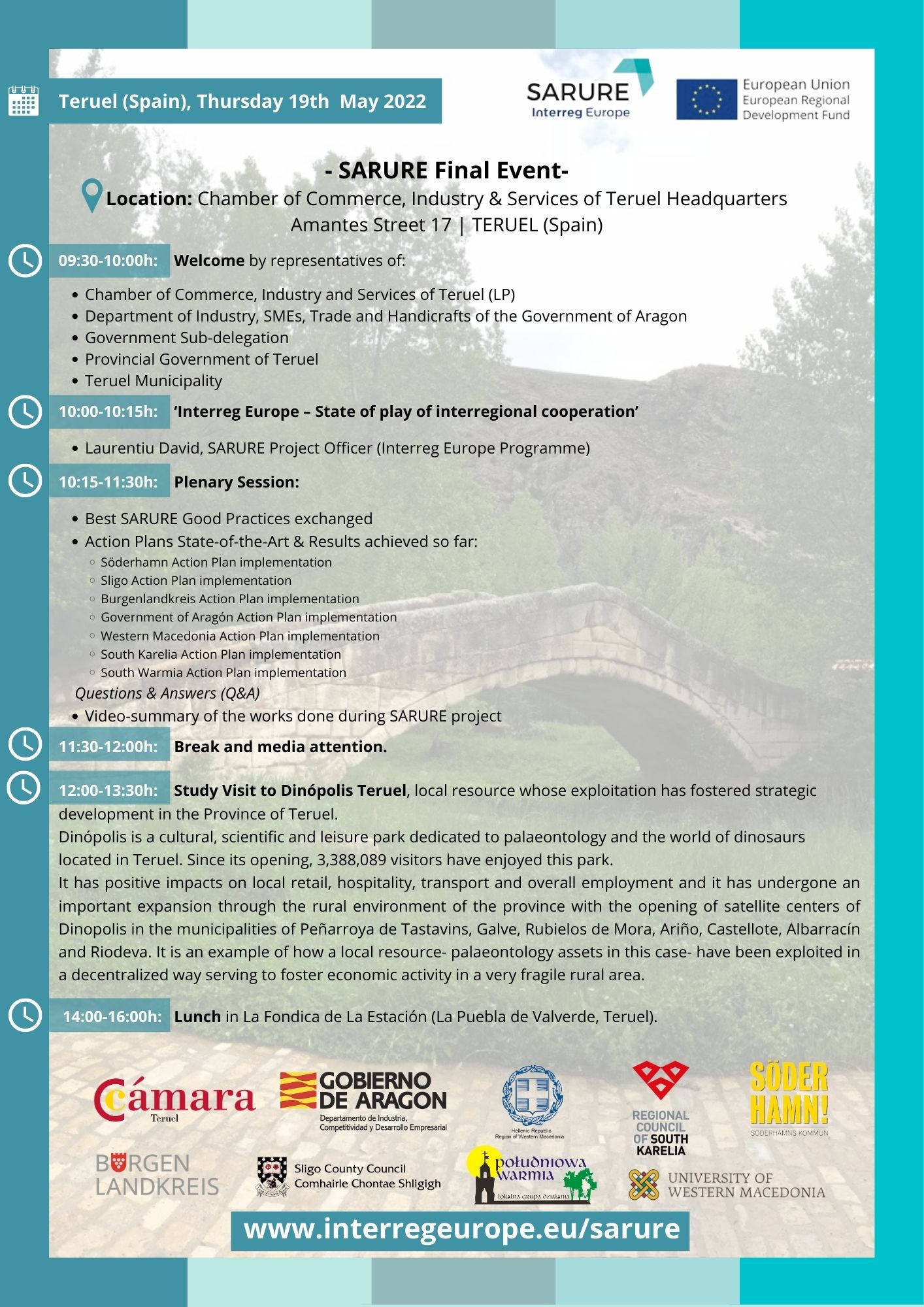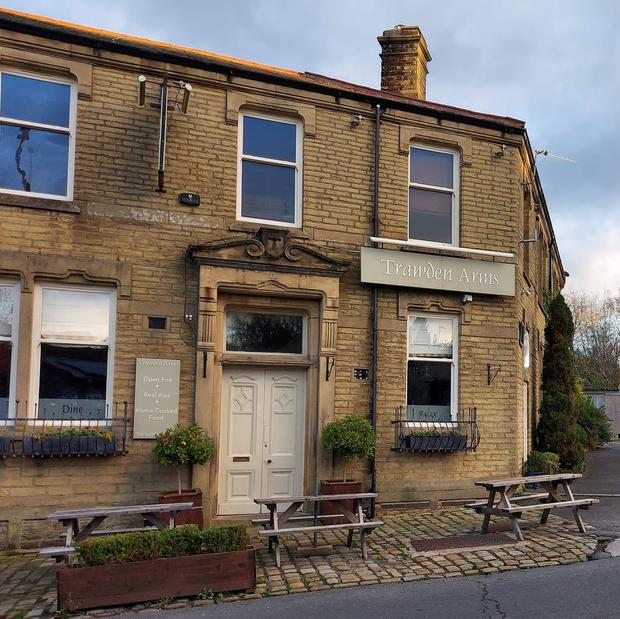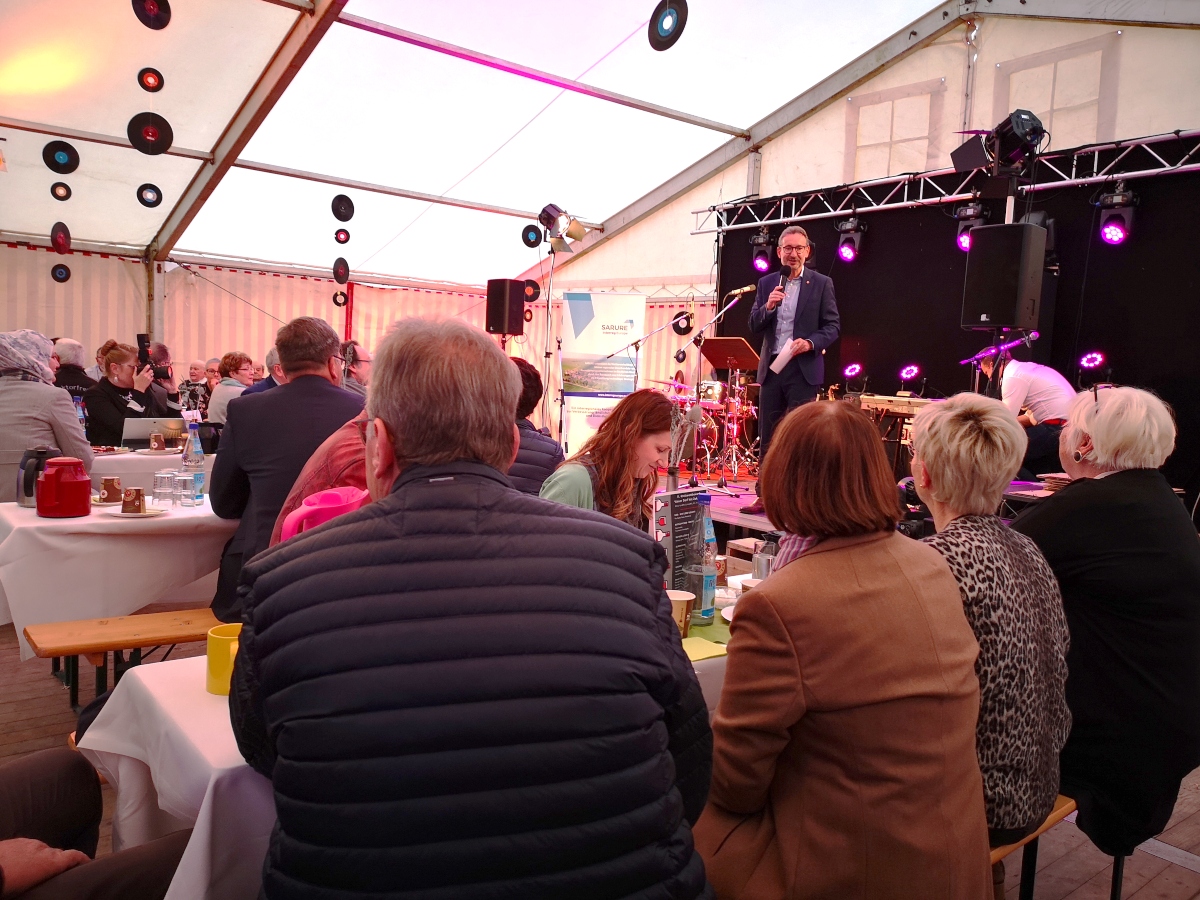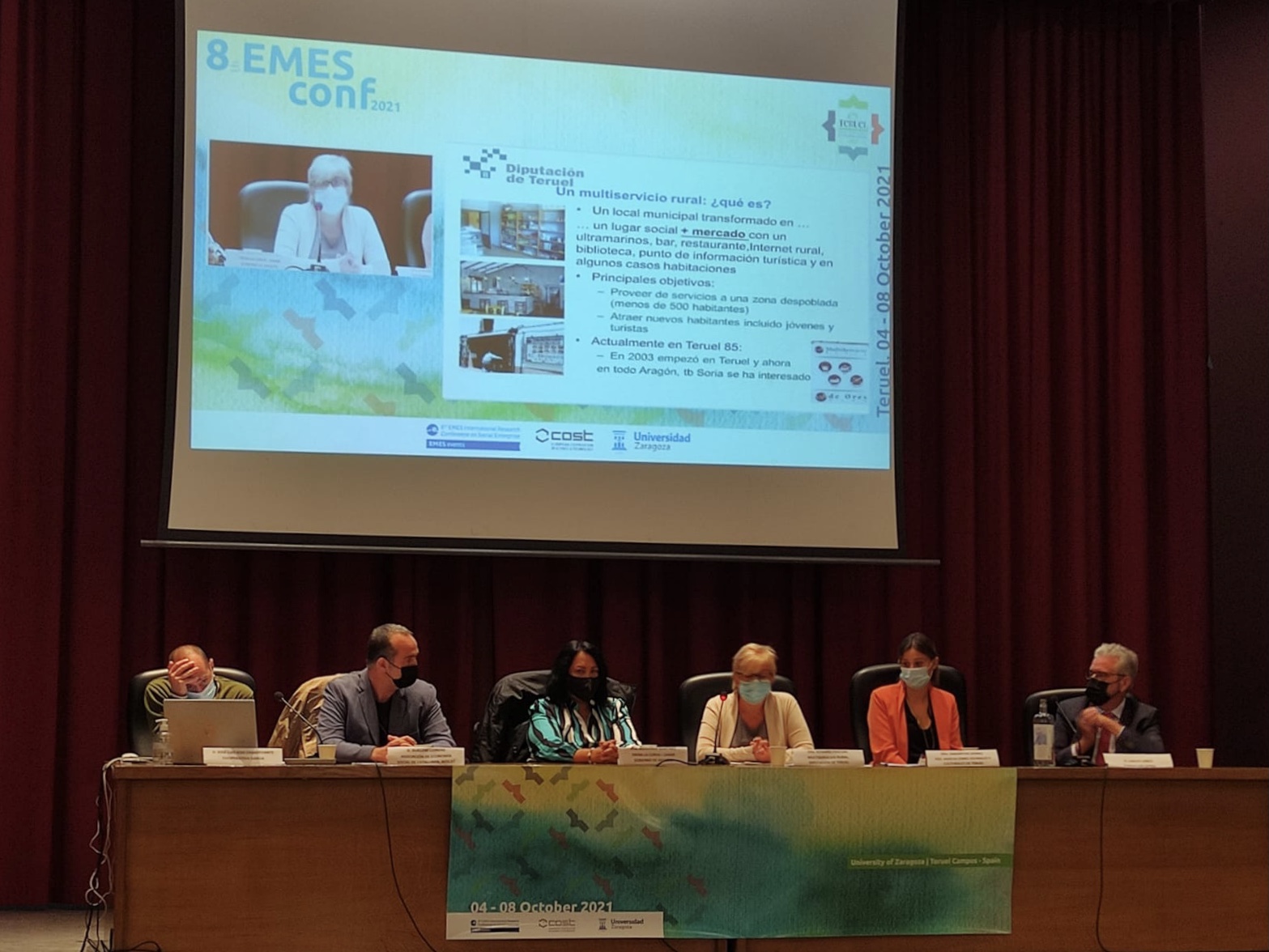The Department of Industry, Competitiveness and Business Development, through the Directorate General for Trade, Fairs and Crafts, participates in the Sarure project, an action approved in the third call for projects of the Interreg Europe Program. Sarure competed with 233 other initiatives within the Interreg Europe Program, of which 54 were finally approved. The good practices selected from the seven EU countries have been incorporated into the electronic platform of the Interreg Europe Community and are serving as an example in other countries of the European Union.
Likewise, the project work plan contemplates that each participant organize communicative events and periodic meetings with the organization's staff not directly involved in the project and with the interested public to transfer the knowledge acquired and to participate by contributing ideas and suggestions.

Every semester, until the end of 2020, the Government of Aragon has organized meetings with these stakeholders, technicians and the general public that have served, among others, for the following objectives: transfer and exchange the knowledge acquired in the visits study of the different European countries; receive your suggestions as experts in the field; identify good practices in rural trade that have been successful in Aragon; participate in the design of future public policies for the promotion of rural trade, which have ended up being reflected in the approved action plan; and involve them in the project from the beginning as an interested party and because of their potential to implement locally the ideas or projects that may be of interest in this international exchange of experiences.
Around this project, the second communication event of the project has been held electronically with the presence of the interest group (skateholders), the general director of Commerce, Eva Fortea, and technicians from various departments of the Government of Aragon and another public interested.
After the first phase of the project, the whole set of good practices that have been useful to promote rural trade have been compiled and the action plans of the partner countries in the project have been approved.
Regarding the project, the vice president and counselor for Industry, Competitiveness and Business Development, Arturo Aliaga, recalled that "it is essential to ensure local commerce in small municipalities", in which he stressed that "it has great social importance, but also economical for its inhabitants ”.
Project conclusions
Thanks to the exchange of experiences and suggestions received in the study visits and meetings held during the first phase of the project, the Government of Aragon has introduced a series of improvements in its own subsidy and support programs for rural retailers and rural multi-services. The 2020 budgets included a new line of aid for investment, improvement and digitization of small businesses and a new call to defray the costs of energy consumption and communication for managers of rural multi-services and establishments in localities and municipalities of less than 300 inhabitants, which has been contemplated again in the 2021 budgets.
In the same way, seeing the great reception by the managers of the multi-services, as well as the establishments located in these small towns of these new calls for aid, we have seen the opportunity, in collaboration with the chambers, to develop a new action program where the merchants themselves located in municipalities with less than 300 inhabitants who, under their own brand and protected by a quality seal, have the status of establishment associated with a multi-service. The creation of this new program on "commerce attached to a rural multi-service" will be contemplated through a collaboration agreement between the Government of Aragon and the Official Chambers of Commerce, Industry and Services of Huesca, Teruel and Zaragoza.
Another of the actions contemplated in the action plan of the Government of Aragon has been to promote the creation of a regulatory framework for the creation and development of areas in which new models of comprehensive management of commercial areas can be implemented. All this, through a draft law whose development began in early 2020 and is expected to conclude in 2021.


